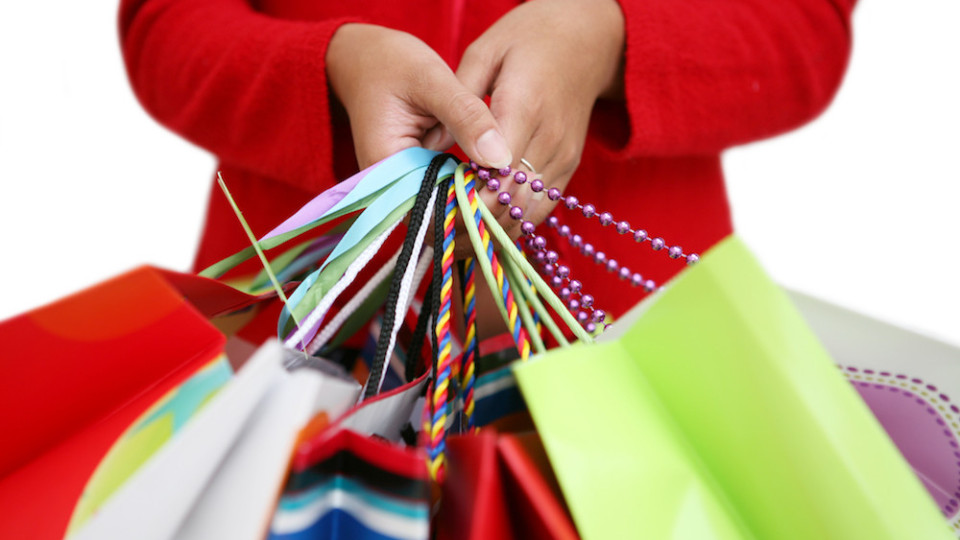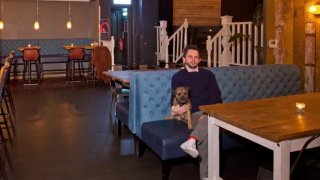
The program, similar to layaway, allows people to walk away with a product after their first payment – and it’s seeing a significant rise this year
Supply chain issues. Labor shortages. Rising prices. Mask mandates. These are some of the biggest challenges facing small merchants this holiday season and I can tell you on behalf of many of my clients that it’s not making for a very merry Christmas. But there’s thing that is saving the season for thousands of business owners and no, it’s not Rudolph.
It’s a financing program called buy now pay later, or BNPL. And its use has exploded recently, particularly among small businesses.
“It’s one of the stars, actually, of the holiday season for us,” Dan Schulman, the CEO of the payments service PayPal told CNBC. “During Black Friday, our volume on buy now, pay later was up almost 400% year over year. We did some 750,000 transactions alone in one day.” PayPal says it had more than a million first-time users in one month and its BNPL usage is “well over 10 million consumers”.
BNPL has become so popular that a report from marketing insights agency C+R Research says that about 60% of US adults have used it when buying products and of those who’ve used it, 80% plan on using it for holiday gift-buying, according to data intelligence firm Morning Consult. Younger people love the option too. Nearly 60% of Gen Z and millennials have bought a product on social media using a buy now, pay later option, according to a study from StitcherAds. E-commerce firm Adobe’s Digital Economy Index, which analyzes direct consumer transactions online, said revenue on Cyber Monday from buy now, pay later plans rose 21% from a year ago.
So what is BNPL? It’s not a new concept. In fact, your grandparents will probably recognize it.
That’s because BNPL is just like the old layaway programs they used back in the day, but with a 21st-century twist. In the olden days, layaway programs were only used for big purchases like a dining room set or a new Zenith color TV (with remote control!). But today’s BNPL programs are being used for smaller transactions, both online and in store, and consumers can walk away with the product after making their first payment. PayPal Credit, Affirm, Klarna and Afterpay are among the most popular platforms used by merchants of all sizes.
For a small business, BNPL is easy to set up. A consumer wants to buy something. The BNPL service is offered as a plug-in payment option on an e-commerce site or in-store by the merchant. The consumer usually has an interest-free period where they make installment payments over a period of a few weeks or months. There’s usually no credit checks and consumers can avoid using their credit cards where they have to pay off their balance that month.
Of course there are some downsides. For consumers, late fees and interest payments could be steep – as much as 25% in some cases. Credit limits are smaller and credit reports can be affected if payment isn’t made on time. For merchants, most BNPL arrangements still require a fee which, according to the Kansas City Federal Reserve can range from 1.5 to 1.7% of the purchase value (including tax), as compared to the cost of a typical debit or credit-card transaction, which ranges from 1 to 3%.
But on the other hand, it makes it easier to sell products. And research shows that when BNPL is offered, customers actually buy more. In fact, BNPL users plan to spend on one gift what the average shopper plans to spend for the entirety of their holiday shopping this season, according to the above Morning Consult report.
“I think there is an impulse element to this, and that these companies do make a lot of money by partnering with retailers,” Joe Buhrmann, senior financial planning consultant at eMoney Advisor, told MarketWatch. “There’s a lot of data that people spend more when they use buy now, pay later, [and] they come back again and again.”
Is that such a bad thing? Maybe for the undisciplined consumer. But considering all the other headaches small businesses have to deal with this holiday season, BNPL is providing (almost) as much cheer as a glass of eggnog. If your business hasn’t signed up for one of these plans, you may be missing an opportunity.
Source: The Guardian









Leave a comment